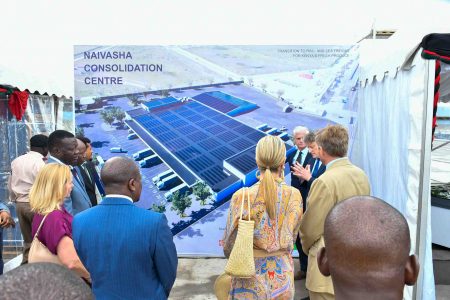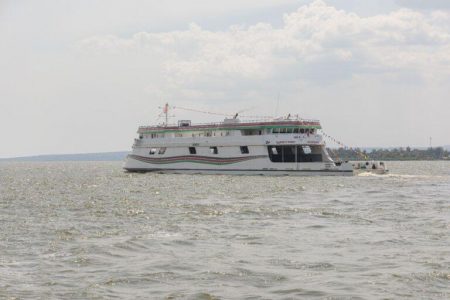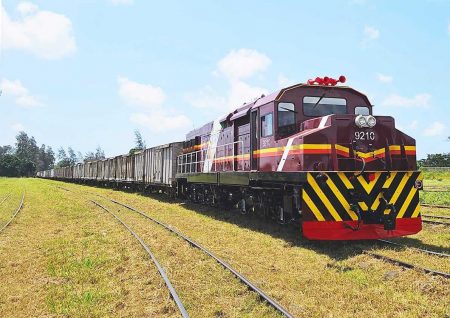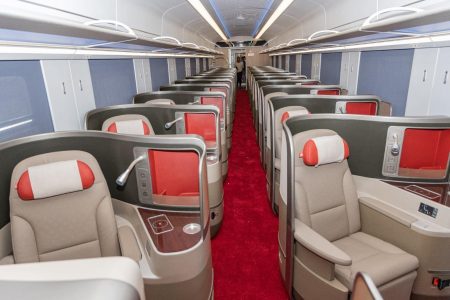This content is for Premium Subscribers only. To view this content, login below or subscribe as a Premium Subscriber.
Related News Articles
Kenya Urban Mobility Improvement Project (KUMIP) Market Sounding Event
24 January 2025
East Africa, Kenya
2 min
Kenya and UAE Sign Landmark Comprehensive Economic Partnership Agreement
18 January 2025
East Africa, Kenya
2 min
Kenya Railways Takes Over Mv Uhuru II
13 October 2024
East Africa, Kenya
2 min
RITES Seeks Projects under AU’s Agenda 2063
03 October 2024
SADC, Zimbabwe
1 min
Kenya’s Vision for Rail: A 50-Year Integrated Transport Master Plan
06 September 2024
East Africa, Kenya
2 min
Kenya: CS Davis Chirchir Takes Over Ministry From CS Kipchumba Murkomen
20 August 2024
East Africa, Kenya
1 min
Kenya Commuter Rail Project Update
15 July 2024
East Africa, Kenya
1 min
1 min




